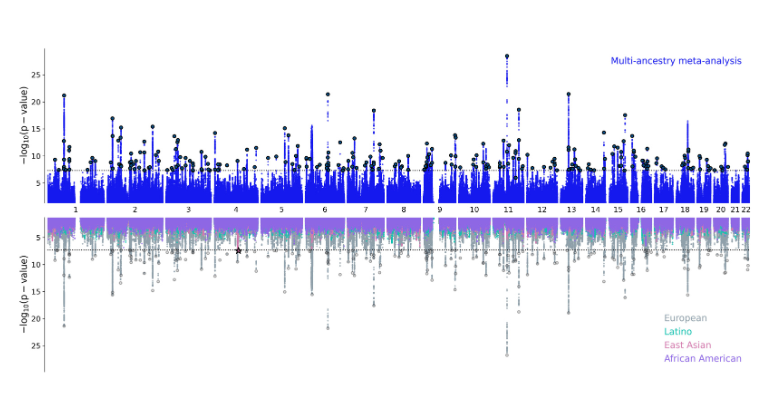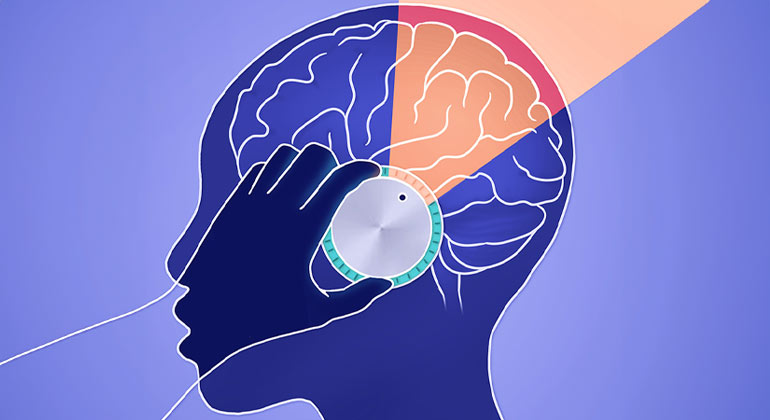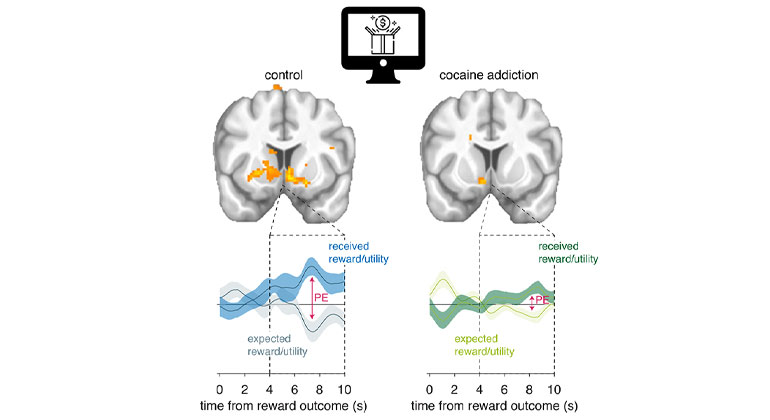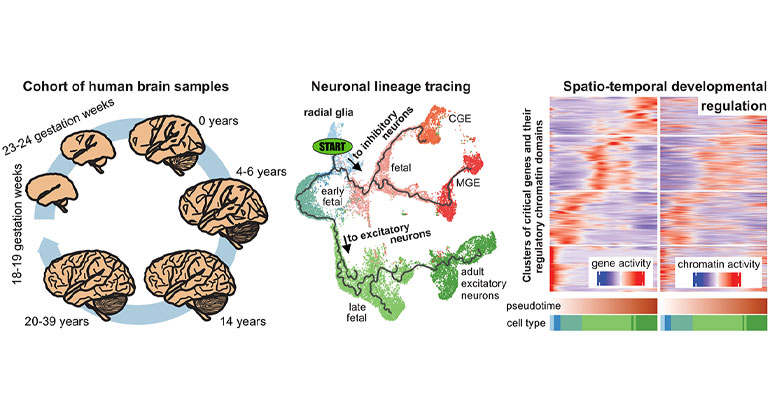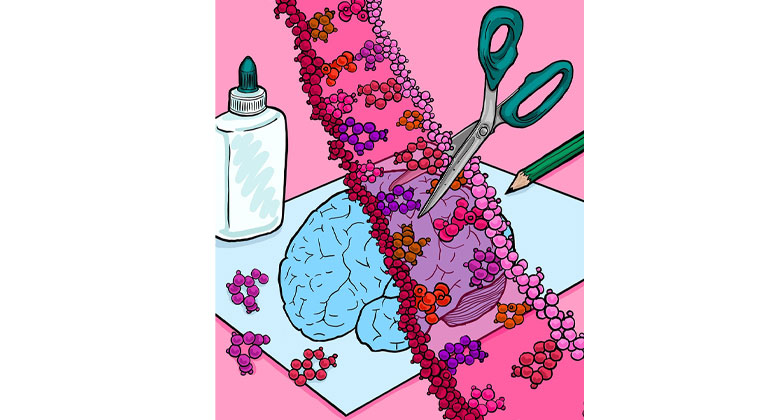Meta-Analysis Highlights Important Challenges In Cognitive Processing For Adults With Autism Spectrum Disorder Without Overall Intellectual Disability
Seaver Autism Center study results contribute to understanding of patterns of cognitive functioning in adults with autism and highlight the importance of a broader approach when studying cognition
The first comprehensive, systematic review and meta-analysis of adults with autism shows that despite having an intact IQ, these adults have medium to large impairments in four key social- and non-social cognitive domains: theory of mind, emotion perception and knowledge, processing speed, and verbal learning and memory.
The results may help create a roadmap for treating autism in adults, a population that is less studied and understood than children with the condition.
The meta-analysis was conducted by the Seaver Autism Center for Research and Treatment at the Icahn School of Medicine at Mount Sinai in collaboration with City University London and published Wednesday, January 2, in JAMA Psychiatry.
Autism is characterized by persistent deficits in social communication and social interaction along with restricted, repetitive patterns of behavior, interests, or activities. While autism affects functioning in many domains throughout an individual’s lifespan, research and treatment efforts have largely been dedicated to children. A critical question that has remained largely unaddressed is whether there are cognitive domains that are more severely impaired than others. Despite the efforts of individual studies to increase the understanding of cognitive deficits in adults with autism, sample sizes were often small, yielding inconsistent findings.
To directly compare the relative severity of impairments across cognitive domains in adults, Mount Sinai researchers aggregated all available autism literature and conducted a systematic review and analysis. Specifically, researchers from the Seaver Autism Center conducted a systematic review and meta-analysis of autism-related studies published in the PubMed, PsychINFO, EMBASE, and MEDLINE databases between 1980 (first inclusion of autism diagnosis in the DSM-III (The Diagnostic and Statistical Manual of Mental Disorders) and July 2018. Studies were included if they were published as a primary peer-reviewed research paper in English, included individuals with autism aged 16 or over, and assessed at least one domain of neurocognitive functioning or social cognition using standard measures. The meta-analysis included 75 studies and a combined sample of 3,361 individuals with autism and 5,344 neurotypical adults.
“Our findings have important implications for cognitive interventions in adults with autism. Current interventions for these individuals are primarily focused on improving individual adaptive social skills and social functioning,” says Tjasa Velikonja, PhD, a postdoctoral research fellow at the Seaver Autism Center and first author of the paper. “While our results support the key social cognitive theories of autism treatments, they also highlight the importance of a broader approach when studying cognition and support interventions that also include non-social cognitive domains.”
The study was funded by the Beatrice and Samuel A. Seaver Foundation, the Netherland Organization for Scientific Research and the Brain and Behavior Foundation.
About the Seaver Autism Center for Research and Treatment at Mount Sinai
The Seaver Autism Center for Research and Treatment at Mount Sinai conducts progressive research studies aimed at understanding the multiple causes of autism spectrum disorder (ASD). The multidisciplinary team is composed of experts in the fields of genetics, molecular biology, model systems, neuroimaging, biomarkers, diagnosis, and experimental therapeutics who are dedicated to discovering the biological causes of ASD. The Center strives to develop innovative diagnostics and treatments for integration into the provision of personalized, comprehensive assessment and care for people with ASD. The Seaver Autism Center was founded through the generous support of the Beatrice and Samuel A. Seaver Foundation. For more information, visit www.seaverautismcenter.org.
About the Mount Sinai Health System
Mount Sinai Health System is one of the largest academic medical systems in the New York metro area, with 48,000 employees working across seven hospitals, more than 400 outpatient practices, more than 600 research and clinical labs, a school of nursing, and a leading school of medicine and graduate education. Mount Sinai advances health for all people, everywhere, by taking on the most complex health care challenges of our time—discovering and applying new scientific learning and knowledge; developing safer, more effective treatments; educating the next generation of medical leaders and innovators; and supporting local communities by delivering high-quality care to all who need it.
Through the integration of its hospitals, labs, and schools, Mount Sinai offers comprehensive health care solutions from birth through geriatrics, leveraging innovative approaches such as artificial intelligence and informatics while keeping patients’ medical and emotional needs at the center of all treatment. The Health System includes approximately 9,000 primary and specialty care physicians and 11 free-standing joint-venture centers throughout the five boroughs of New York City, Westchester, Long Island, and Florida. Hospitals within the System are consistently ranked by Newsweek’s® “The World’s Best Smart Hospitals, Best in State Hospitals, World Best Hospitals and Best Specialty Hospitals” and by U.S. News & World Report's® “Best Hospitals” and “Best Children’s Hospitals.” The Mount Sinai Hospital is on the U.S. News & World Report® “Best Hospitals” Honor Roll for 2024-2025.
For more information, visit https://www.mountsinai.org or find Mount Sinai on Facebook, Instagram, LinkedIn, X, and YouTube.
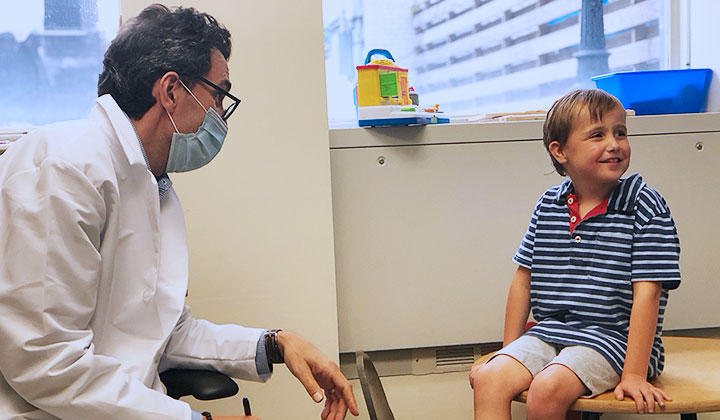
New Study Suggests Ketamine May Be An Effective Treatment for Children with ADNP Syndrome
Sep 06, 2022 View All Press Releases
Scientists May Need to Rethink How Genomics Impacts Risk for OCD
Nov 18, 2021 View All Press Releases